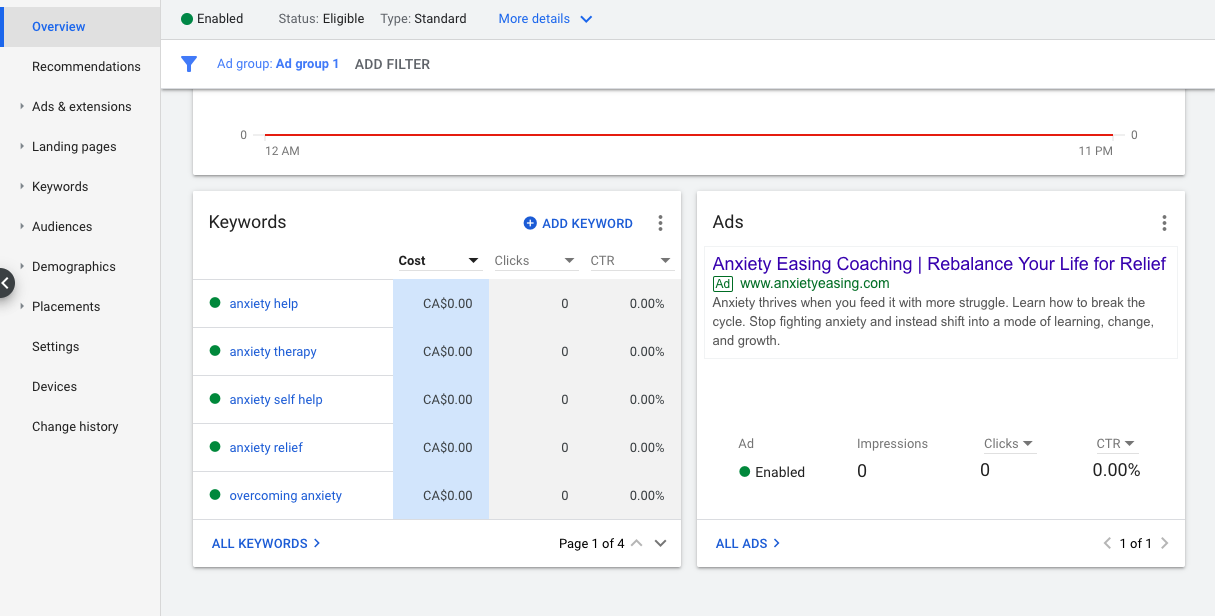Running a Shopify store is only the first step toward success in e-commerce. The real challenge lies in attracting the right audience and converting them into loyal customers. A well-thought-out promotional strategy can significantly boost traffic, sales, and brand recognition. Here’s a structured and detailed guide on how to effectively promote your Shopify store.
Optimize Your Store for SEO
Search engine optimization is always a top priority for making your Shopify store discoverable. By optimizing product pages, blog content, and metadata, your store can rank higher in search engine results. Since Google always values a good user experience, developing a well-structured website with clear navigation will allow you to engage the user and retain them.

Including relevant keywords in product descriptions, titles, and URLs helps search engines understand your offerings. Additionally, high-quality images with proper alt tags improve visibility in image searches. Internal linking between related products and blog posts encourages visitors to explore more pages, increasing their chances of making a purchase.
Using Social Media Marketing
A successful e-commerce business never misses out on social media. A strong social media presence can drive significant traffic to your Shopify store. Platforms like Instagram, Facebook, and Pinterest allow e-commerce brands to showcase products visually and engage with their audience. Posting high-quality images and videos with compelling captions attracts potential customers.
Engaging content, such as customer testimonials, behind-the-scenes footage, and interactive polls, fosters trust and community building. Running targeted ads on social media platforms increases brand awareness and directs traffic to your store. Collaborating with influencers or brand ambassadors expands your reach to a wider audience.
Utilize Email Marketing for Customer Retention
Email marketing remains one of the most effective channels for promoting a Shopify store. A well-segmented email list allows you to send personalized offers and recommendations to different customer groups. Sending welcome emails to new subscribers creates a strong first impression.
Abandoned cart emails remind customers to complete their purchases, improving conversion rates. Regular newsletters with exclusive promotions and updates keep customers engaged and encourage repeat purchases. Automated email sequences nurture leads and turn them into loyal buyers over time.
Invest in Paid Advertising
Paid advertising accelerates store growth by driving targeted traffic. Google Ads allows Shopify store owners to appear at the top of search results when customers are actively searching for products. Display ads and retargeting campaigns bring back visitors who have previously interacted with the store.

Social media advertising on platforms like Facebook and Instagram provides advanced targeting options based on demographics, interests, and behaviors. Testing different ad creatives and analyzing performance metrics helps optimize campaigns for better results.
Build a Strong Content Marketing Strategy
A blog section on your Shopify store can attract organic traffic and establish your brand as an authority in your niche. Writing in-depth articles that address customer pain points and provide valuable insights builds trust and credibility. Product guides, comparisons, and how-to articles educate potential buyers and drive them toward making informed purchases.
Guest blogging on industry-related websites and collaborating with bloggers increases exposure and backlinks, improving search rankings. Creating video content, such as tutorials and unboxing reviews, adds another layer of engagement and trust. Even better, businesses that integrate e-commerce development services in the UK can create seamless content-driven shopping experiences that engage and convert potential customers.
Implement Referral and Loyalty Programs
Encouraging customers to refer friends through a referral program expands your customer base organically. Offering incentives, such as discounts or store credits, motivates existing customers to share their positive experiences.
A well-structured loyalty program rewards repeat buyers with exclusive perks, encouraging them to return for future purchases. Personalized rewards based on customer preferences create a sense of appreciation and strengthen brand loyalty.
Collaborate with Influencers and Affiliates
Influencer marketing allows Shopify store owners to tap into established audiences. Partnering with niche influencers who align with your brand enhances credibility and attracts potential buyers. Providing influencers with free products or commission-based incentives encourages them to promote your store authentically.
Utilize Marketplace Integrations
Expanding your sales channels by integrating with marketplaces like Amazon, eBay, and Etsy increases visibility and sales opportunities. Listing products on multiple platforms allows you to reach a wider audience while managing inventory seamlessly through Shopify.
Syncing product listings across different marketplaces ensures consistency and reduces manual work. Leveraging marketplace ads and promotions enhances product discoverability and attracts new customers.
Engage with Your Audience Through Community Building
A strong community around your brand fosters long-term customer relationships. Creating a Facebook group or an online forum where customers can share experiences and ask questions builds a sense of belonging. Hosting live Q&A sessions, webinars, or virtual events encourages direct interaction with your audience.
Responding to comments, reviews, and messages promptly enhances customer satisfaction and builds trust. Encouraging user-generated content, such as customer reviews and photos, strengthens social proof and attracts potential buyers.
Monitor Performance and Adapt Strategies
Regularly analyzing store performance provides insights into what’s working and what needs improvement. Shopify analytics and Google Analytics help track traffic sources, conversion rates, and customer behavior. Identifying high-performing products and marketing channels allows for resource allocation to the most effective strategies.

Especially, you must fo for A/B testing different approaches, such as pricing, promotions, and website development & design, which works by optimizing performance. Not to mention, staying updated with e-commerce trends and consumer preferences ensures that your promotional efforts remain relevant and competitive.
Promoting a Shopify store is all about a multi-faceted approach, combining organic and paid strategies to maximize reach and conversions. Shopify store owners can build a strong brand presence and drive sustainable growth by focusing on SEO, social media, content marketing, email campaigns, and strategic partnerships.
Moiz Banoori is a seasoned Digital Marketing professional with over eight years of expertise in content creation and digital journalism. At REDLUMB, he spearheads teams to craft impactful SEO strategies that drive online growth and visibility. With a background in journalism, Moiz leverages his expertise in digital marketing to develop effective strategies that boost online visibility and help clients achieve their goals.





